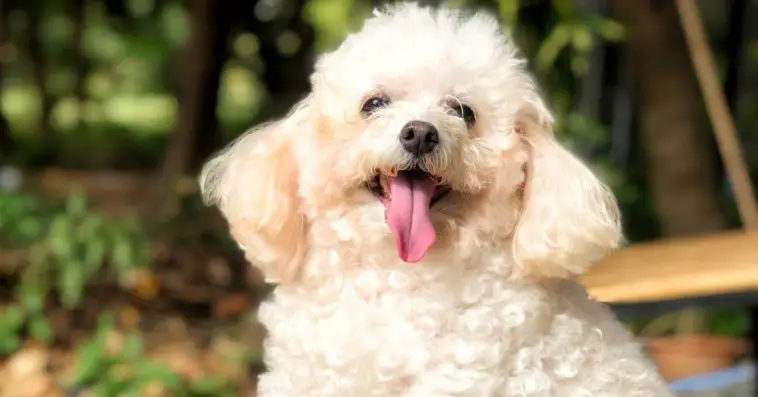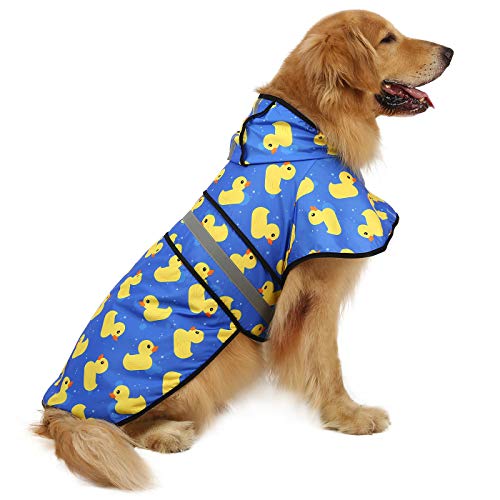Do you ever notice your dog smelling bad after a trip to the dog park or the outdoors? Well, if you are wondering Why Do Dogs Smell When They Come In From Outside?
We’ve got the answers for you.
Through this article we will discuss:
- 5 practical tips to control the foul smell
- 14 reasons why dogs smells when they come from outside
- And much more…
Why Do Dogs Smell When They Come In From Outside?
Dogs smell when they come in from outside because certain particles or environmental debris from outdoors can cling to their skin and produce a bad odor. Their skin also produces excessive sebum that makes the hair follicles sweat causing an unpleasant smell. This is commonly seen in summer than in winter.
14 Reasons Why Do Dogs Smell When They Come In From Outside?
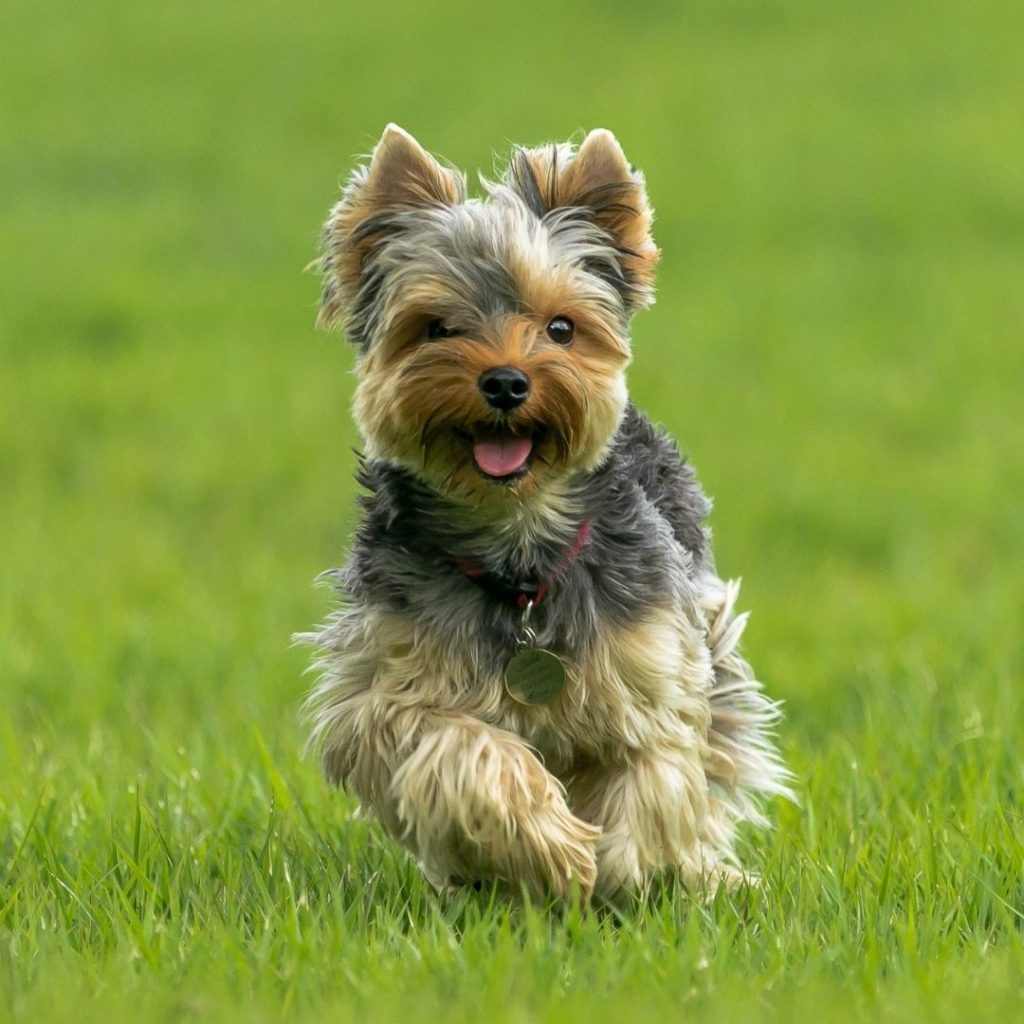
1. Smells Stick To Dog’s Hairs
When we humans go out for a walk, we usually can come back home and take off our dirty coats. However, dogs cannot do this. The outdoor scents stay stuck to their hair.
Thus, one of the main reasons your dog stinks is because it has dense and long hair. Dirt particles stick to the hair and the scent remains on the hair more than it does on the dog’s skin. Thus, due to the hair holding the scent from outdoors, your dog may smell bad.
2. Dogs Have Natural Odors
It is biologically natural for all dogs to produce their own scents. It is a way of communication for them. They use their body scents to also mark territory and recognize other dogs. The intensity of the scent varies from dog to dog. Thus, some may have a very peculiar and strong scent.
Dr. Lynn Buzhardt, DVM talks about how, unlike humans who depend on their eyes, dogs use scent and sight to assess the environment around them. They have more than 100 million receptor sites present in their nasal cavity and they use this to analyze the acids and scents released by other dogs.
3. Your Dog Has Oily Skin
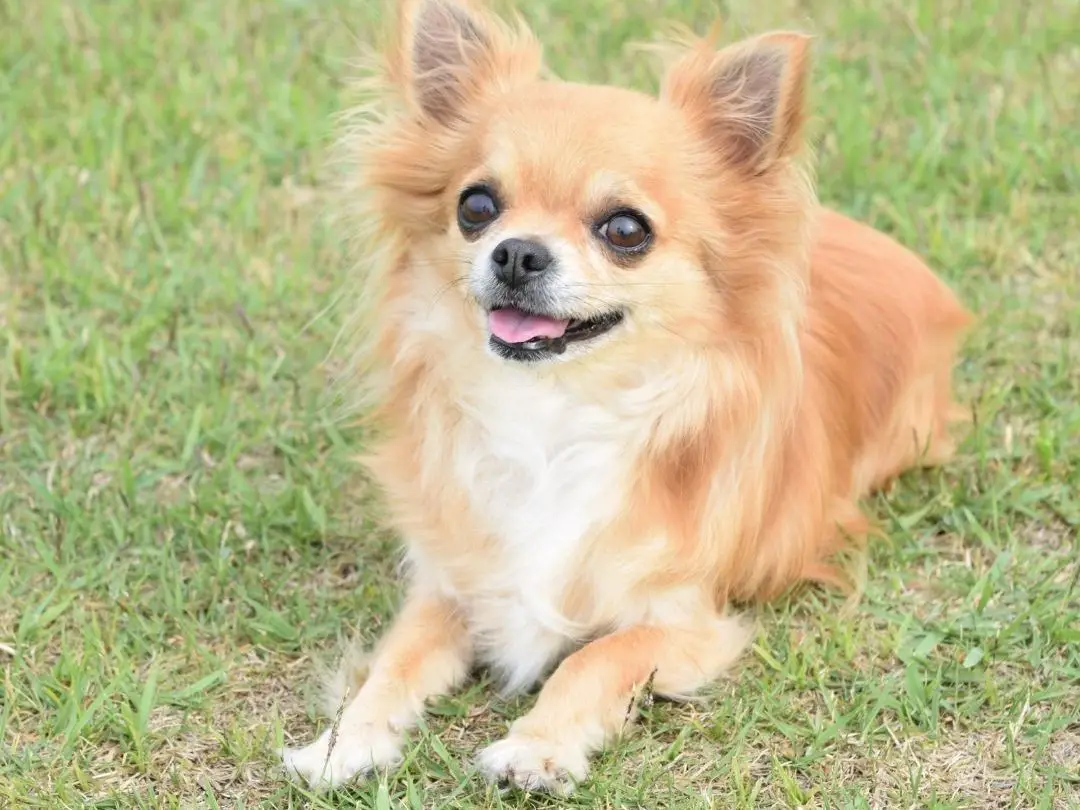
Stephen White, DVM talks about a skin disease called seborrhea which causes keratinization (the outer layer of the skin constantly keeps renewing) of the skin, claws, and hair follicles. It causes the dog’s skin to be excessively greasy and oily, leading the dog to smell.
If dogs are not washed, cleaned, and dried, the excess sebum causes a very musty odor in dogs. Thus, seborrhea is one possible reason for your dog having oily skin.
4. Don’t Get Bathed Often
Just like we humans clean ourselves to get rid of odor and germs, dogs too require to be kept clean for their own personal hygiene. Reasons and frequency to bathe your dog depends on the breed, hours of outdoor time, activity level, and so on.
It is however necessary to bathe dogs as they may start overproducing sebum, develop fleas or skin infections. This can cause body odor and further diseases. Groomers at AKC advise people to bathe their dogs every 4-6 weeks.
Also Read: 8 Tips and Tricks To Make Your Dear Dog’s Fur Shine
5. Wet Hair/Raining
You might take care of your dog very well, maintain good hygiene, clean and bathe them but during rains, no matter how clean they are, no matter if they stayed out of muddy puddles, your dogs smell after coming from outside.
There are a ton of microorganisms living under a dog’s skin like bacteria and fungi. The sebum present on the dog’s skin protects its fur and coating. The wet rain displaces these microorganisms on the dog’s skin.
When there is an excess accumulation of dirt, sweat, and debris on your dog’s skin and when a dog is exposed to rain, it activates a bad odor. This may cause a wet dog smell.
6. Long Hair (accumulates more odor than short hair)
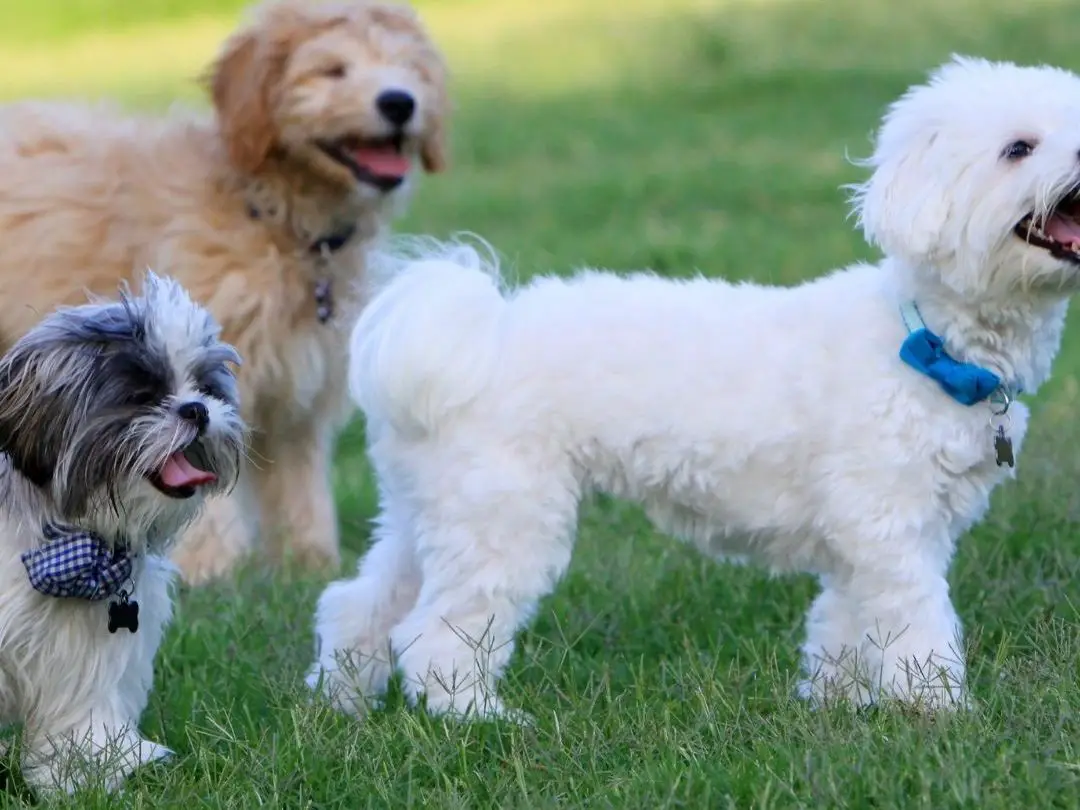
Unlike humans, dogs do not sweat through their pores but through their hair. Thus, dogs with long hair and fur and fur are more likely to stink. Dogs with long hair have more built-up sebum and excess oil which then if not looked into, can produce a very musty smell.
Thus, grooming becomes an important factor to maintain the personal hygiene of dogs with long hair. It not only reduces odor but also gets rid of dead skin cells and dried up saliva on their skin. Your dogs smell when they come from the outside if their furs are not maintained well.
7. Your Dog Rolled In Poop
Just like cats rub against their owner’s bodies to mark their scent, dogs roll in poop to cover up their own scent. This may then cause them to smell really bad.
One of the most common explanations why dogs roll in poop is due to evolutionary reasons. Vesa Valenius and James Turner from BBC Earth say that they inherit this behavior from wolves who too roll in their poo to hide their scent from their prey.
One way to deal with this is to have full control over your dog’s leash so that they do not roll over anything around them. Another way is to use commands like “leave”, “stop” or “come here” to discourage that behavior. You can then follow these commands with rewards like praise or a treat.
8. Garbage Smell
Dogs tend to seek out the most disgusting and smelliest things around them. Thus, don’t be surprised if your dogs smell garbage from outside. He probably must have rolled in it while searching for an extra snack in there.
To avoid this, make sure your garbage is tightly shut and that you discourage this behavior in your dog as much as possible.
9. Your Dog Played With Dead Animal Carcasses
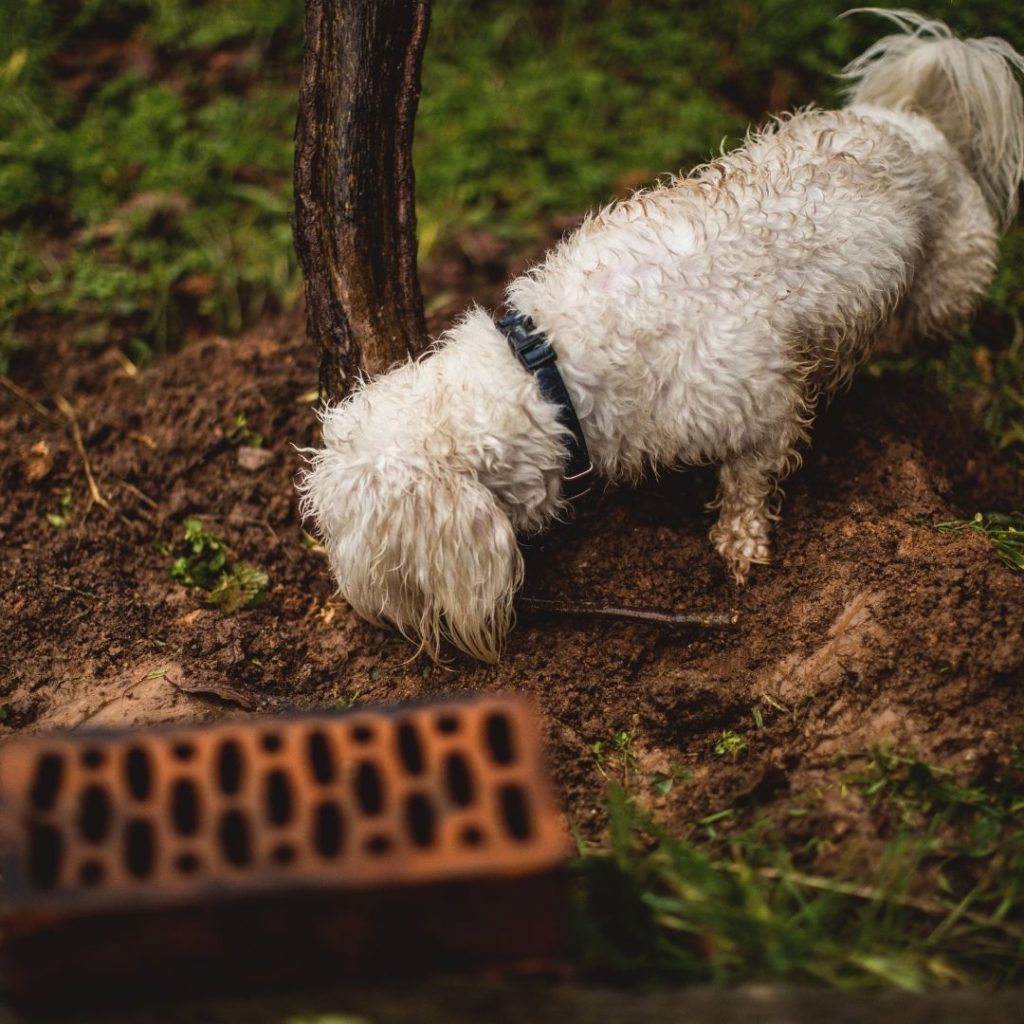
This is a common dog behavior. They may sniff or sometimes even eat animal carcasses. Although it sounds extremely unpleasant for us humans, it is something most dogs engage in.
If you leave your dog unattended for a while, chances are that it may have rolled around or chewed an animal carcass which is why it is smelling bad.
10. Skunk & Stinkbugs Smells
Anyone who has ever startled a still skunk knows the outcome of it: Burning eyes, difficulty breathing, and an extremely foul odor. Sometimes, this smell can get into your house after the skunk directly sprays and indirectly when your canine friend is sprayed.
Dogs are extremely curious little pets and therefore due to their curiosity, they can easily startle a skunk. This will cause your four-legged friend to have a face full of skunk stink.
Another reason why your dogs smell is because of stinkbugs from outside. These insects are a nuisance to households, especially during spring and fall. The motion of these tiny worms catches a dog’s attention easily and thus, they get easily sprayed causing them to smell.
Dr. Franklin from Mid-Atlantic Veterinary Hospital, says that these insects are not poisonous, but the smelly secretions from them affect the gastrointestinal tract of dogs causing vomiting and/or excessive drooling in them.
To treat this firstly, it is important to check for any wounds that may have appeared on your dog’s body as a result of contact with these animals and insects. Home remedies like using hydrogen peroxide and baking soda can be used for the strong stench.
11. Geosmin Smell
The musty odor that lingers around in the air puts us all in a peaceful and calm mood. This earthy smell is actually caused by bacteria around us. Here are some examples of bacteria at work in the outdoors.
A. Rain
The main microorganisms responsible for causing the scent of rain are Streptomyces and Actinomyces. These are spore-forming bacteria that in turn produce Geosin which is captured in the coat of the cells.
When it begins to rain, the soil gets wet and disrupted and these spores are dispersed in the air creating that musty smell. Your furry dog, when playing outside in the rain will start having a musty smell. And hence, you will find your dog smelling when he comes inside.
B. Wet Dog
You must have definitely noticed the smell of wet dogs every time your dog gets home on a rainy day. Here again, microorganisms and bacteria are at play. Like humans, bacteria is always present on a dog’s skin.
According to Research and Development Scientist at Microbiologics, Karla Fjeld, these bacterias and microorganisms produce compounds like phenol, acetaldehyde, and 2-methylbutanal all work together in combination to produce a wet dog smell.
12. Doggy Breath (dog ate smelly trash)
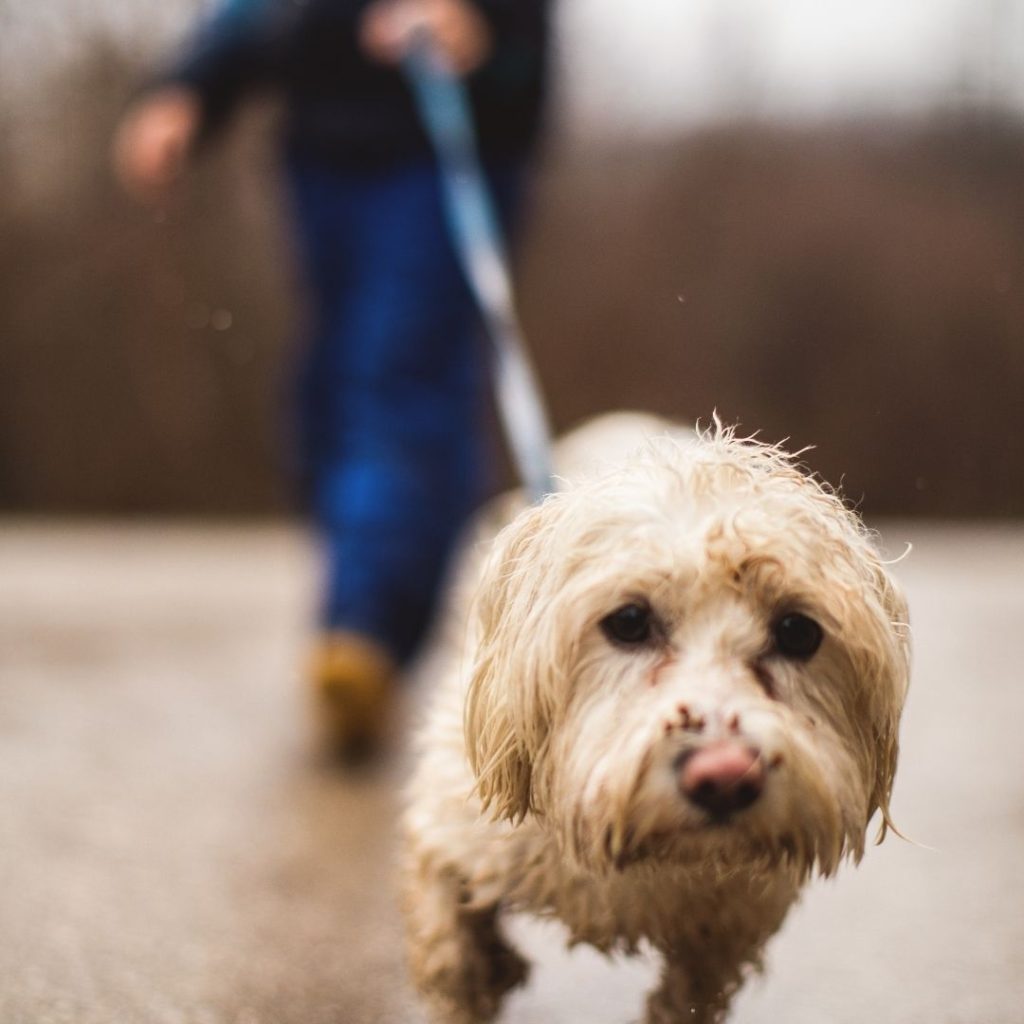
Normal dog breath isn’t always a pleasant scent but it definitely starts bothering you when the smell gets really really foul. One possible reason why dogs smell is that they have bad breath caused due to the following reasons:
- Got into the garbage and eaten trash
- Eaten animal carcass
- Kidney disease
- Poor oral hygiene
To deal with your dog’s breath you can make sure personal hygiene is maintained by brushing and cleaning its teeth. You can also cut carbs and sugars from their diet which will reduce the growth of bacteria in their mouths.
Check out AKC’s recommendation of regularly bruising your dog’s teeth to avoid plaque buildup and maintain oral hygiene.
13. Anal Sacs
Another source of odor in dogs is from their anal glands. The secretion from these glands might produce a strong unpleasant odor. Sometimes it can lead to the formation of anal sac tumors which spread to distant tissues.
If you observe any of the following symptoms, in your pet, consult a vet immediately
- Scooting
- Bad odor
- Hard lump near the rectum
- Difficulty defecating
- Biting or licking their tail
Also Read: What To Feed Your Dog If He Suffers From Anal Gland Issues?
14. Skin Infections
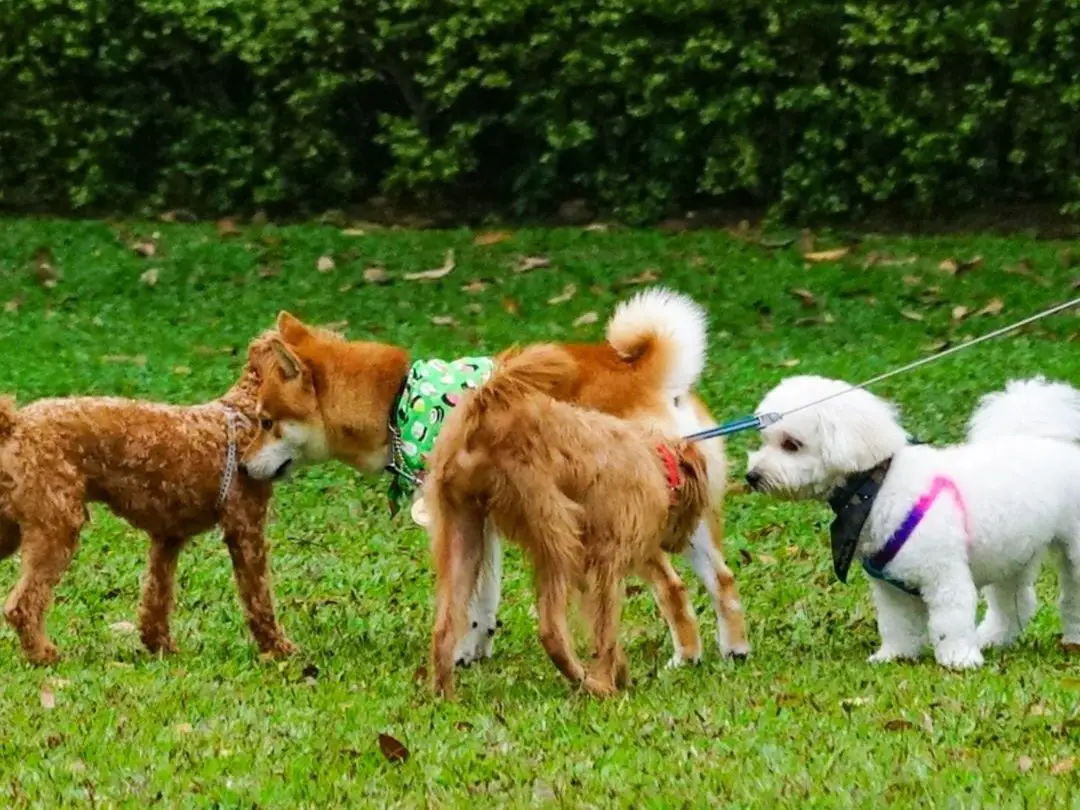
Skin infections and wounds due to fleas or ticks can irritate your dog’s skin. WIth excessive itching, your dog’s skin will start reeking of bad blood.
Other skin infections like seborrhea cause dogs to either have flaky skin and oily hair. There are two forms of seborrhea: dry (sicca) and oily (oleosa).
Seborrhea causes the skin to secrete a waxy substance that forms around the ears, in the armpits, around the ankles, and elbows. This waxy substance then produces a bad odor.
Dog breeds that are most commonly affected by seborrhea are:
- Shar-Pei
- Basset Hounds
- Golden Retrievers
- Dachshunds
- German Shepards
- Dobermans
- American Cocker Spaniels
If you observe any of the following symptoms in your pet, chances are high that they have seborrhea.
- Hair loss
- Excessive dandruff and flaky skin
- Greasy and oily skin
- Bad skin odor
- Pimples
5 Tips To Prevent Your Dog From Smelling When They Come In From Outside
Let’s examine the possible solutions to deal with a smelly dog.
1. Dog coats
Using dog coats like Gooby Padded Vest Dog Jacket during winter and rains can help reduce the attraction of outdoor smell. It will also keep them warm against harsh weather temperatures. It may take time for them to get used to wearing one but once they get used to it, it doesn’t seem like a big problem.
2. Shower
Although you desperately want to get rid of your dog’s bad body odor, bathing them daily isn’t good for them. Liz Waynick, RVT, mentions that unless dogs have skin infections or a really bad odor, they don’t need to be bathed more than once a month.
She continues to say that bathing them every day might strip their skin from producing natural oils that are essential to them and cause skin irritation and dryness. However, you can definitely bathe them every other week if your dog really smells bad.
Make sure you use good shampoos like Wahl 4-In-1 Calming Pet Shampoo to reduce the stench and increase good hygiene levels.
3. Don’t Let Them Out In The Rain
Try to avoid letting your dog out in the rain. Exposure to wet humid climates will keep their skin damp and might lead to a bad smell due to the reaction of the water with your dog’s natural body oils.
Furthermore, exposing a dog to wet and cold weather for too long can affect their respiratory system which then might lead to pneumonia.
If at all you are taking your dog out in the rain, make sure to use a dog raincoat like HDE Dog Raincoat so that its skin isn’t exposed to the water and dry your dog thoroughly once you’re home.
4. Keep Their Hair Short
Keep your dog’s hair short especially if they tend to grow a lot of hair. Trips to dog groomers can help maintain your dog’s personal hygiene along with reducing the bad odor.
5. Clean Their coat & harness regularly
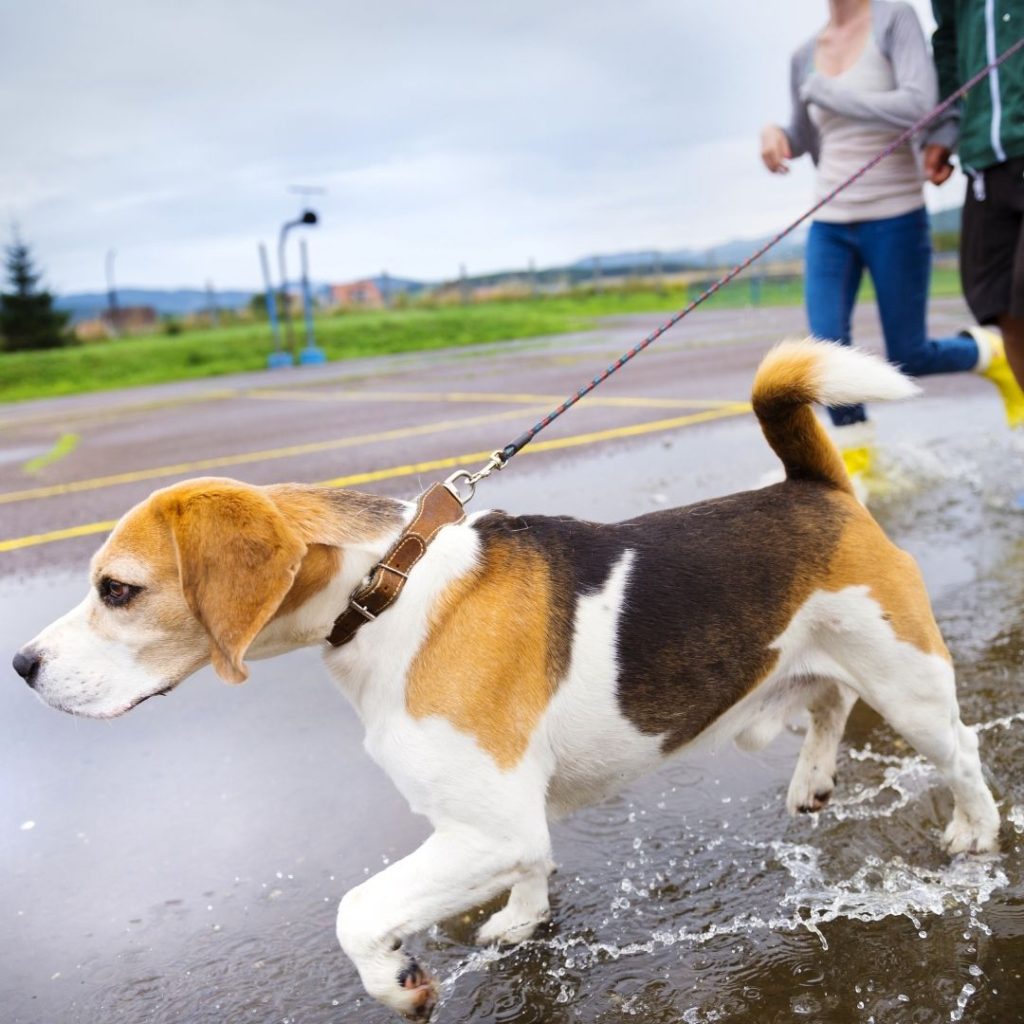
If you have taken your dog out for a walk, make sure you come back and wash their coat and harness and then dry them really well. This reduces the risk of dampness on their body reducing odor and bad smell.
